How to market a virtual event

Table of contents
Marketing an online event is one of the most important parts of planning an online event. There are several ways to use marketing to attract new customers to an event. Marketing should put the customer first and look at how best to reach them. Learn in this article how to successfully market your virtual event to see your existing and new customers in your next event.
What is a virtual event?
Virtual events are local events that no longer take place on site but online. The process of these can always be different. They can be events like online webinars about a certain topic your participants want to learn more about, online meetings with business partners or colleagues or business presentations of a new product to network with potential customers. They help you communicate with new people without being tied to one place. Recommended article: What are Online Events?
How to market a virtual event:
Just like live events, your virtual event needs to be promoted to make it successful. The goal of marketing is to make sure that every one of your desired attendees knows that your event is coming up. You want them to know the benefits of your event so that they are excited and don’t want to wait for your event. Proper marketing helps you do just that. There is not only one way to market an event. However, all ways give information to the interested parties. They are mostly: • Why they should attend your event • What type of event you are planning • Who will be at the event • When you plan it • What happens at the event • How they can participate To make your next event planning easier, we’ve written for you the 5 best ways to successfully market your Virtual Event. They are divided into:
1. Planning: Use the time to your advantage
Your event should be announced as early as possible to all attendees. Once you have an exact or approximate time for your event, it should be given directly to the interested parties. This will give them plenty of time to prepare for the event early on and allow them to keep the time frame free for your event. If your event is going to run for a longer period of time, like one to several weeks, then it should be actively promoted long before the event. However, if your event will take place over a shorter period of time and your participants have the flexibility to commit to your event, then it can be promoted at shorter notice. Most events are promoted very strongly about 4-6 weeks before they start. Especially shortly before the event start, a lot of time should be put into the sales process.
2. Social media: Attract new participants

Advertising via social media brings many advantages. Channels such as Facebook, Twitter, Instagram, LinkedIn, Google+, and YouTube are very suitable for this. Before marketing, it is important to know which channel is best to use to promote your event. To do this, you should figure out where your desired audience for the event is best to reach. This is because each social media channel has different types of users whose interests are different. So it’s not the type of event that should determine which social media channel you promote on. It’s the audience you want to join your event. To do this, find out which channels they are most engaged on. Feel free to ask your best existing customers which platform they feel comfortable on to attract like customers. Once you figure out where your target audience is most, start promoting right there. Here are a few tips for successfully promoting via social media:
- Your event should be re-announced regularly on social media platforms. The promotion should be varied, exciting and helpful for the reader.
- Create an editorial plan with content you want to publish. Keep a good overview and create a good mix of different content.
- Give insights into what your event will look like with material such as videos, live videos and pictures. This is the best way for your attendees to get a glimpse of your upcoming event.
- Use sweepstakes to generate more reach for your event and ultimately attract more attendees.
- Work with relevant people and bloggers who are active in the same industry.
- Use testimonials from past experience. Social proof is one of the most powerful forms of marketing that builds a lot of trust with prospects.
Recommended article: How to promote a virtual event on social media
3. Email marketing: Your personal salesperson

Email is one of the best ways to speak directly to your customer. Unlike anything else online, email is one of the most personal ways to talk to your customer. Plus, you’re reaching people who have already come into contact with you in some way. The chances that these people will be interested in your event or product are high. If you have your own website, you may already be generating email contacts and have an existing list. Through this you can promote your event with good images and useful texts. It is important that you write your emails correctly. The text is the heart of your email. Also use an event newsletter and update it regularly. In this you can also organize a competition to increase engagement. Use your creativity here and arouse the interest of your customers.
4. Landing page: Everything your customer needs
To present your online event in the right way, you can use your own landing page, where interested participants get all the important data. It helps searchers to get all the information about your event as detailed as necessary, so that the interested party has no more questions and buys his ticket. Your landing page does not have to be fancy or particularly beautiful. However, it should answer all the W-questions that the reader might ask about your event. These can be for example: • Why should the attendee attend your event? • Who are the speakers at the event? • What does he or she get out of attending your event? • How will the event take place? Also, a FAQ section where your potential attendees can find answers to the most frequently asked questions will help you sell more tickets.
5. Partner: Leverage the network of others
Any type of event is a great networking opportunity. This starts long before the actual event. To better get the word out about your event and invite more attendees, you can work with partners in your industry. For this it is important that you work with people who have the same target group as you and whose cooperation harmonizes. Good ways to do this are to work with people who have already built trust with your desired participants. They can help you attract more attendees to your events with the help of advertising. Together, you can promote your event to your community. This can be accomplished in a number of ways. For example, you can do email marketing together using a newsletter, advertise on websites or social media, and run ads together. You can also involve event sponsors in your event communications. As well as use the participants of your event such as speakers,lecturers to contributors such as actors and artists. Use everyone involved as advertising so you don’t miss out on any coverage here and you can make sure everyone knows about your event. There are no limits to your creativity when it comes to marketing your event.



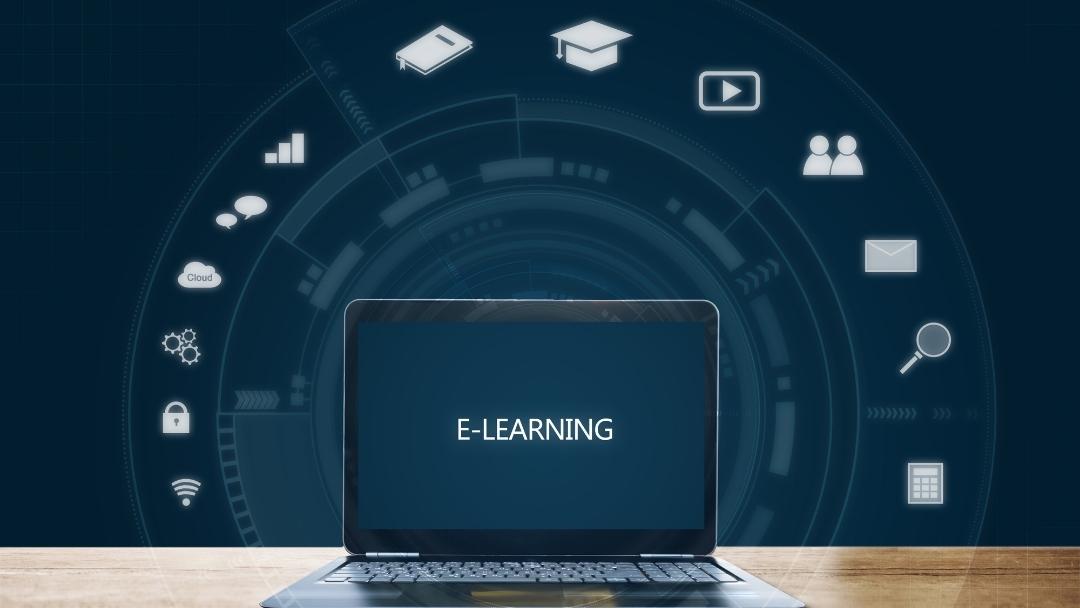


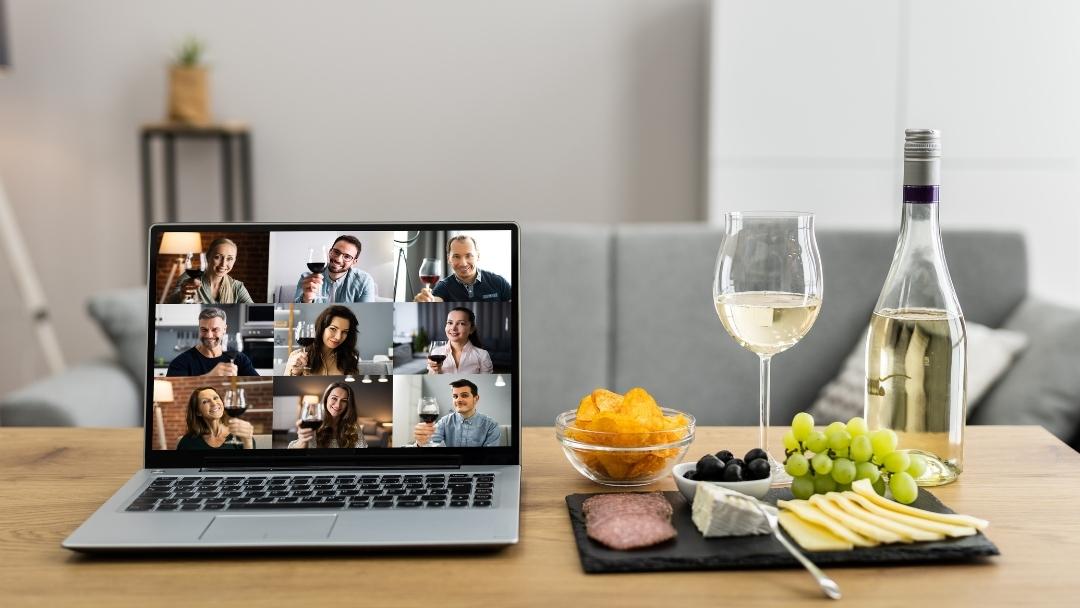


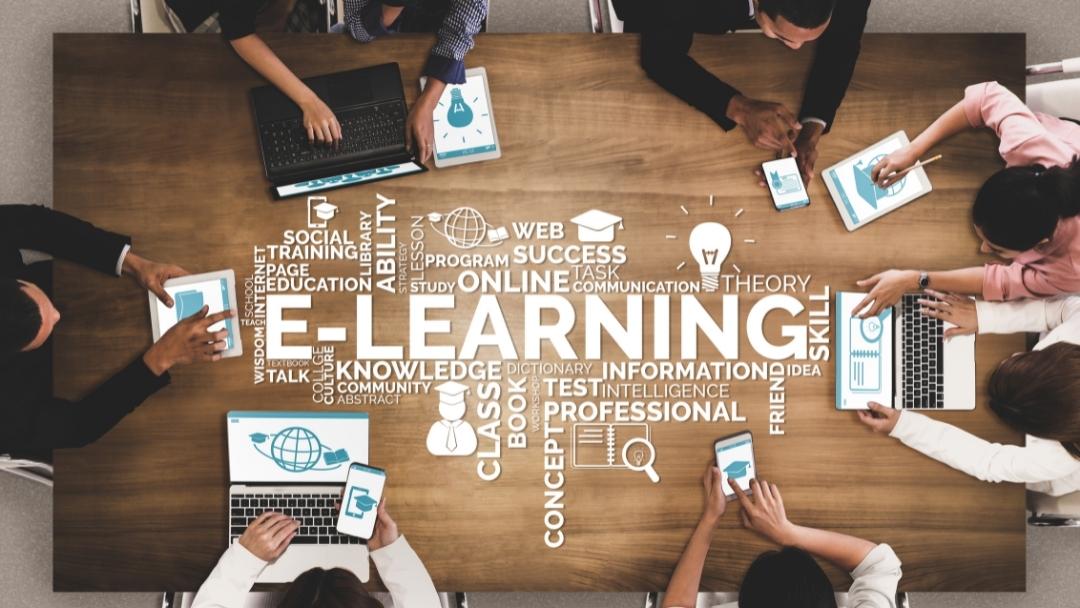


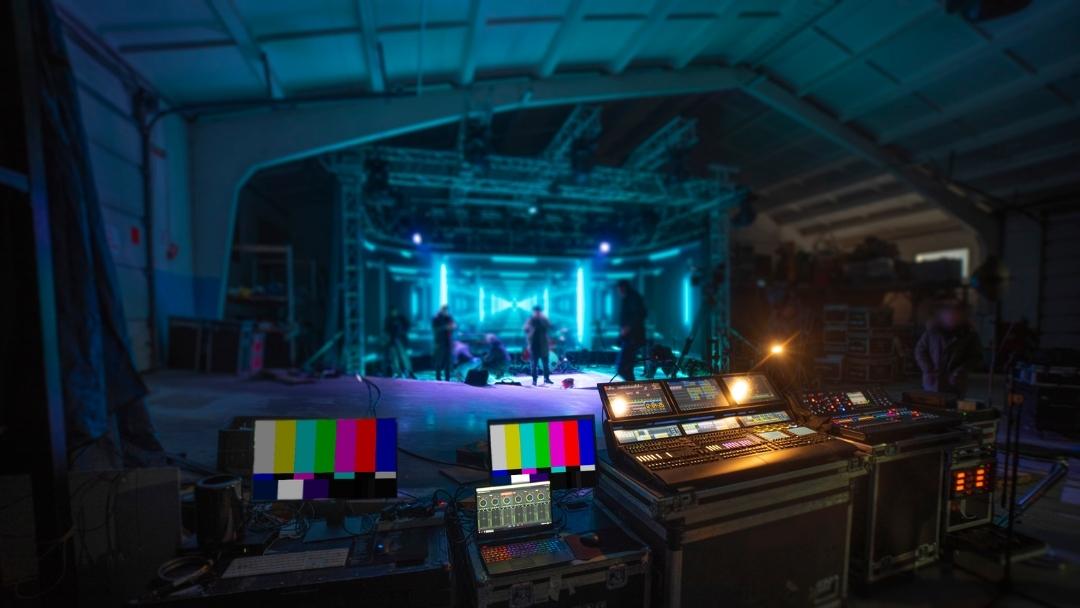

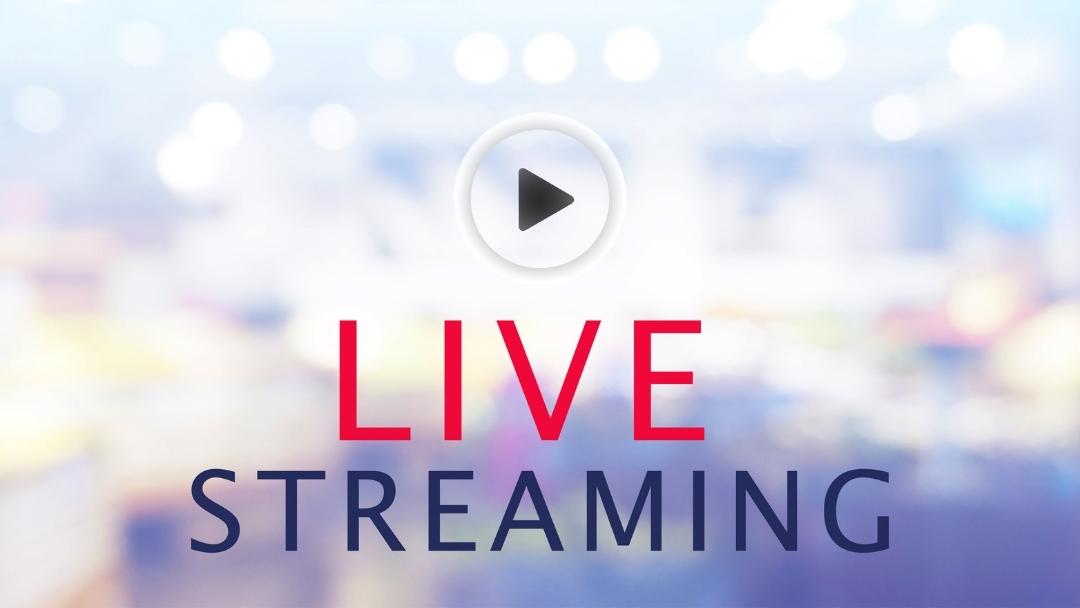
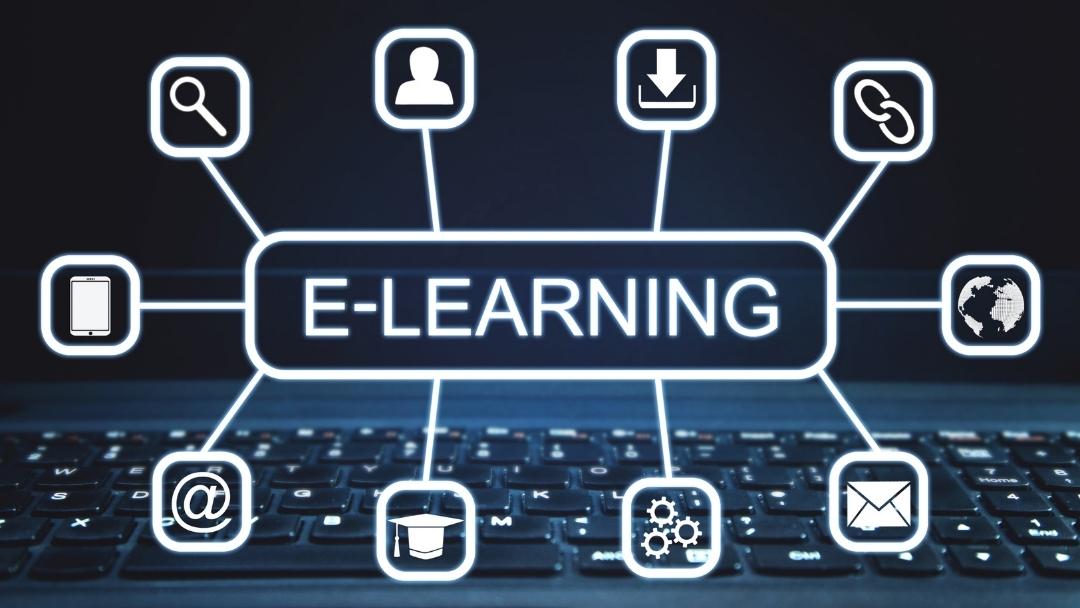

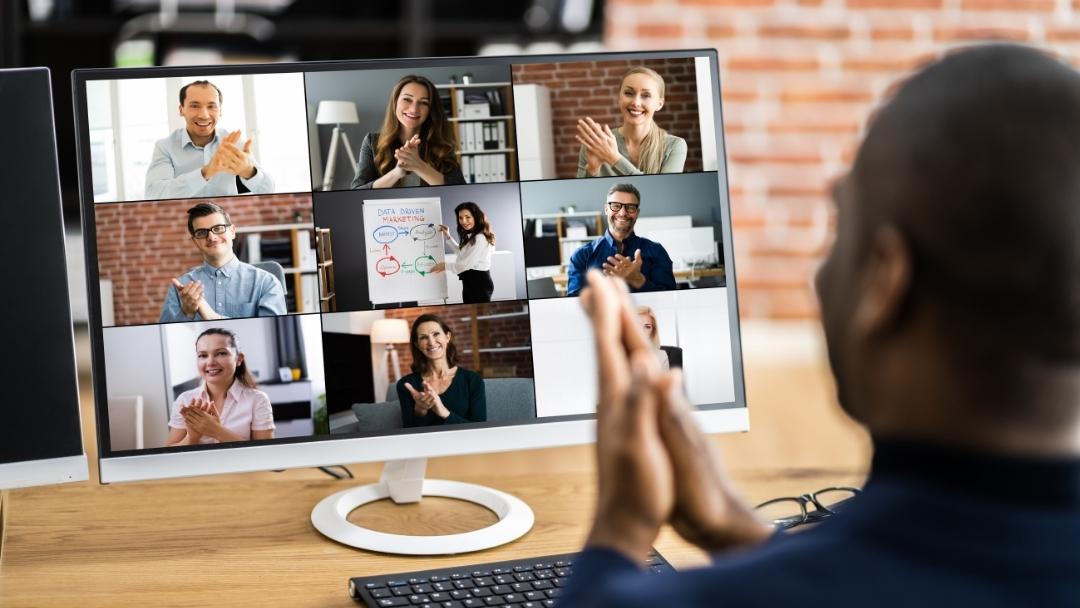
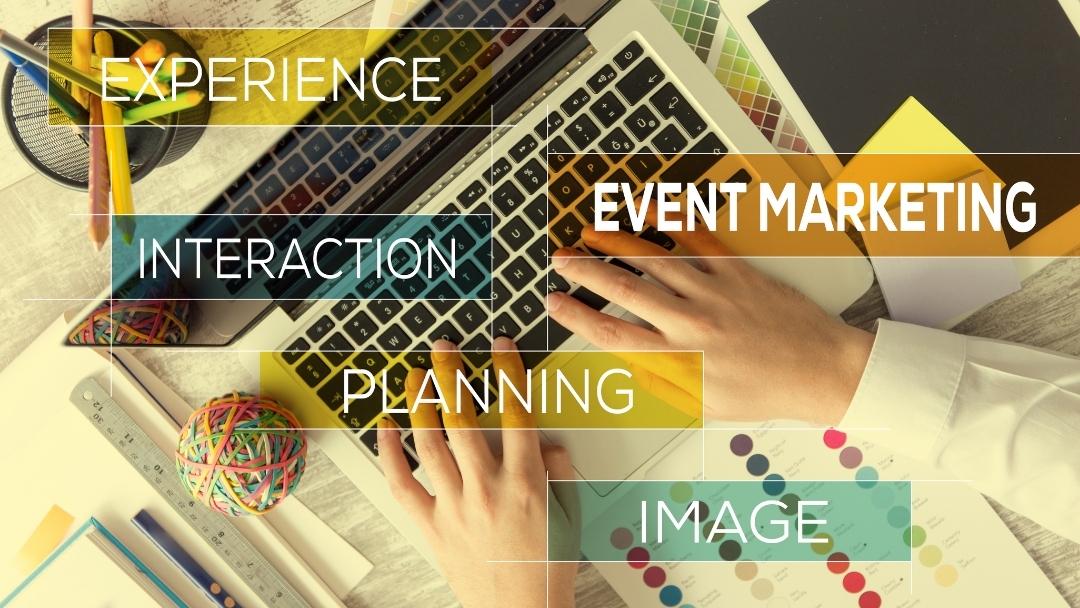

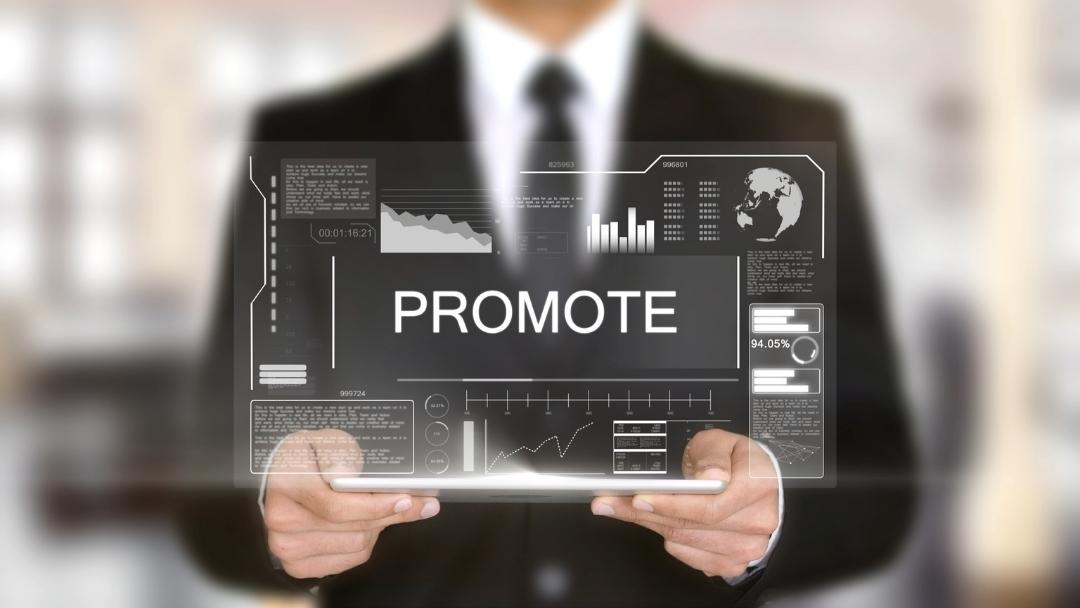
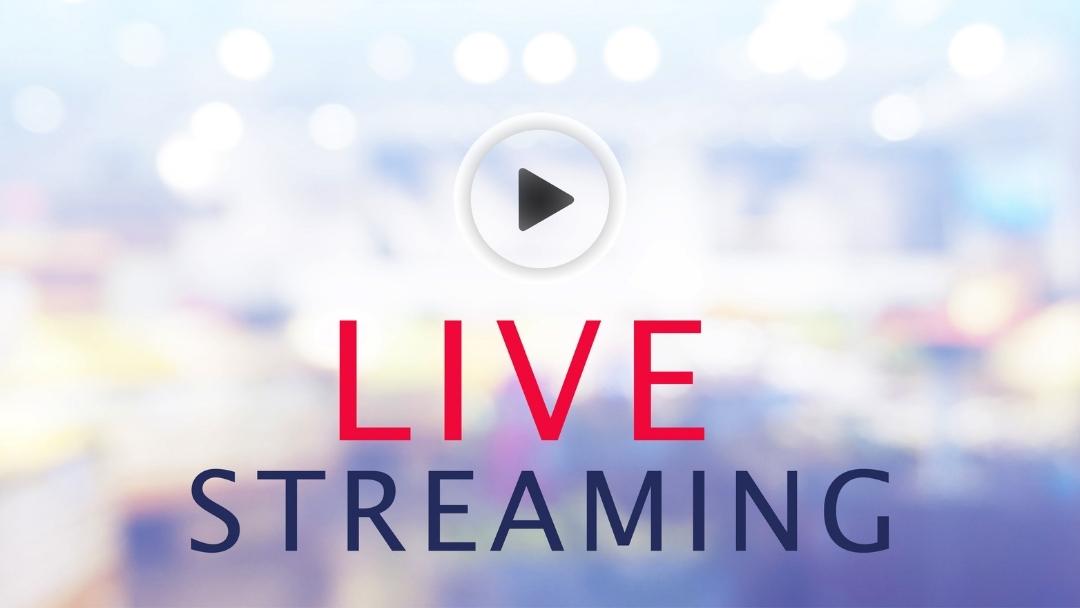
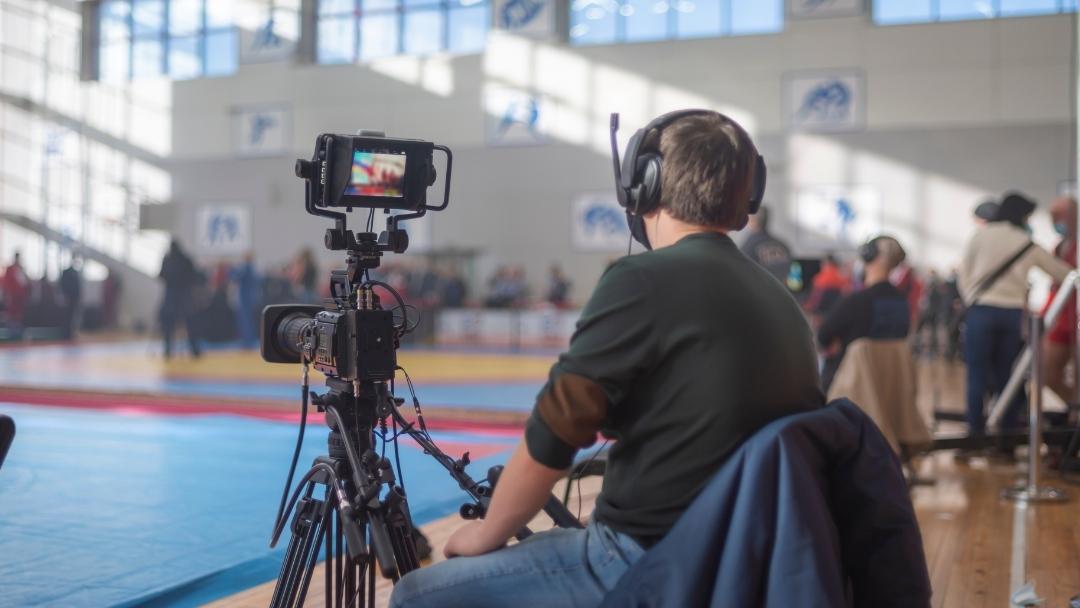


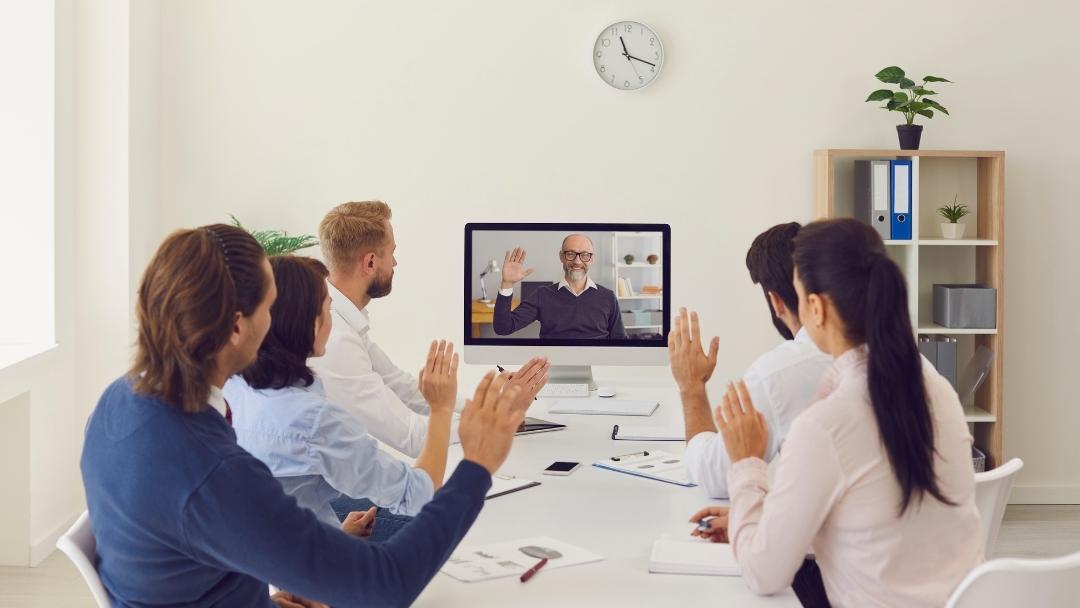



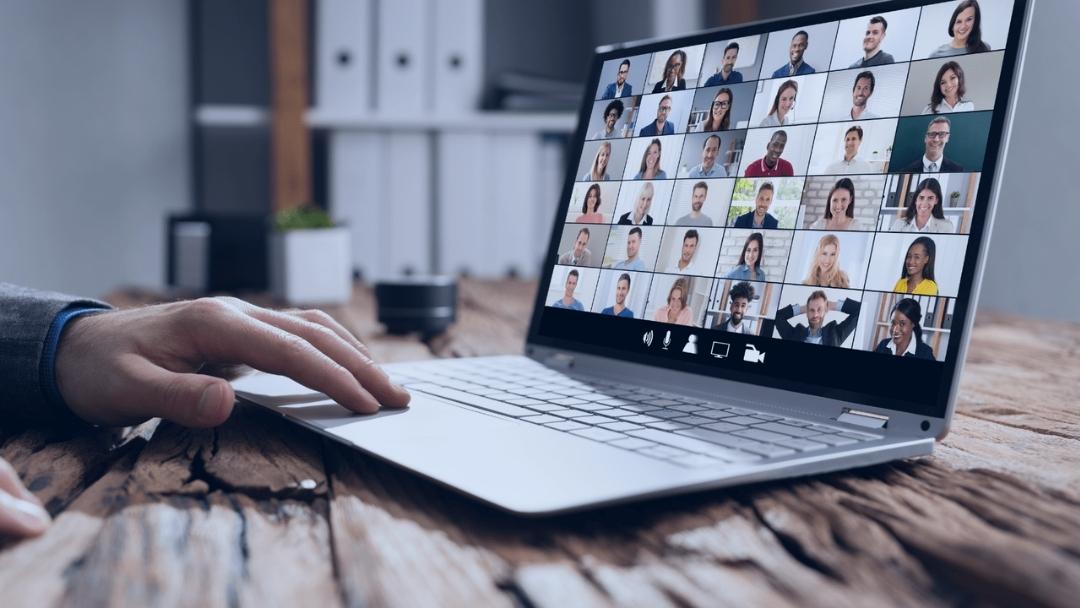
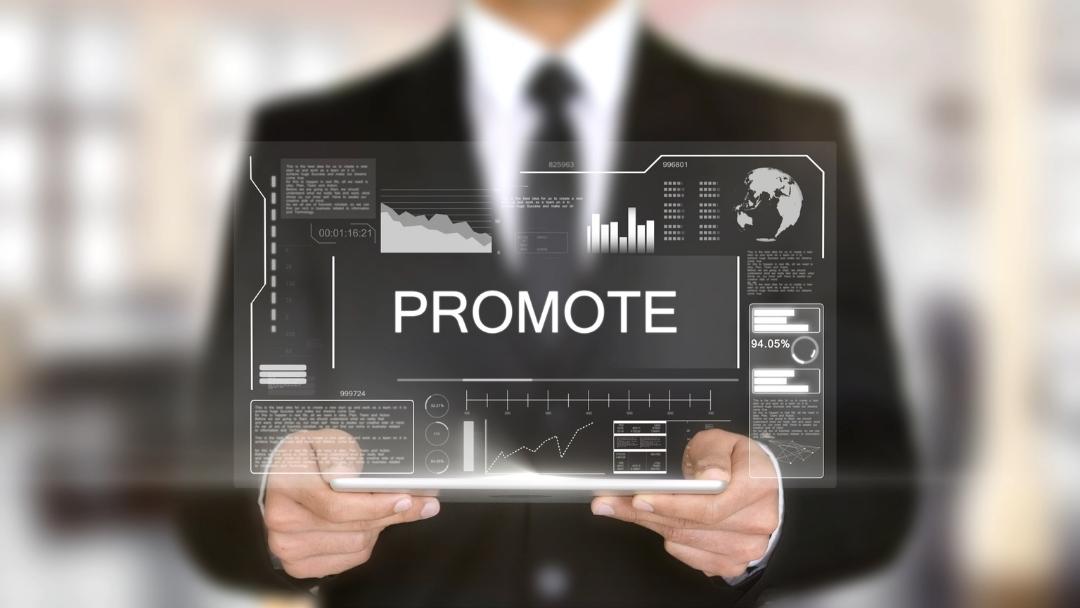


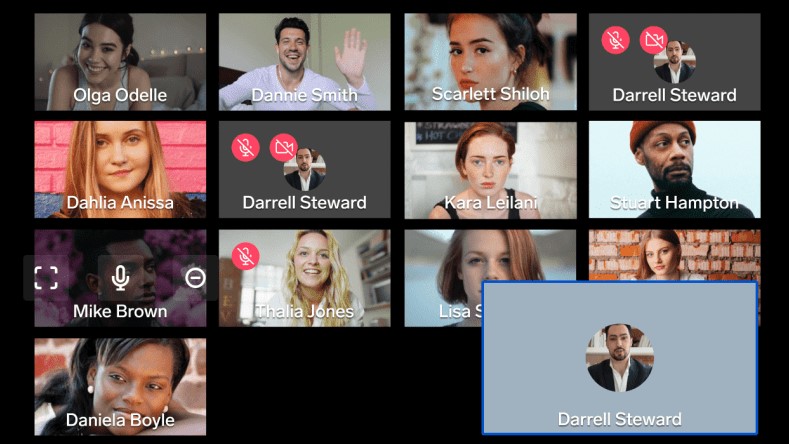

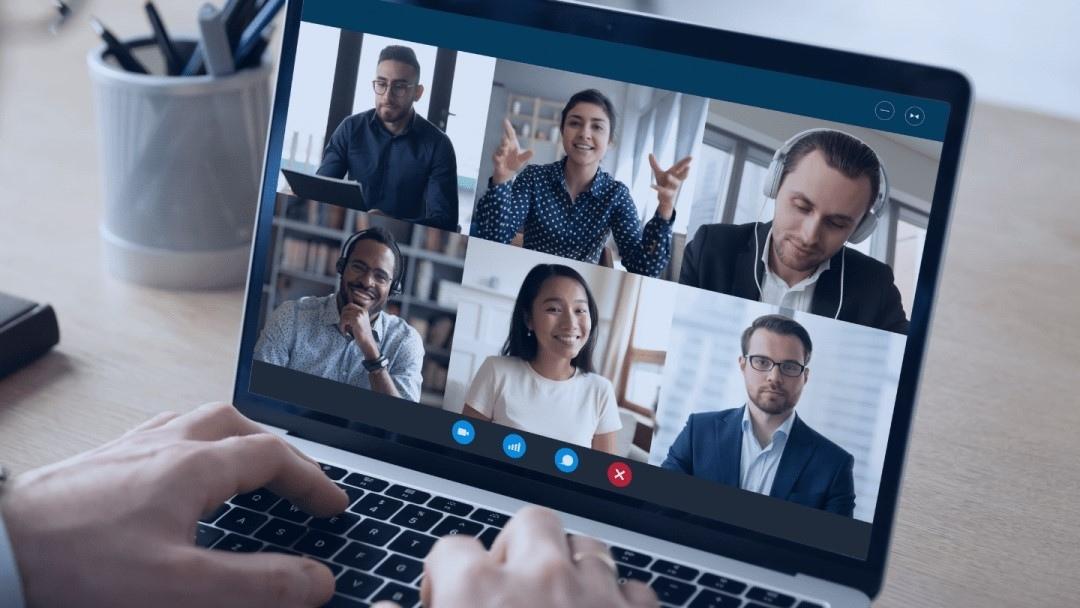

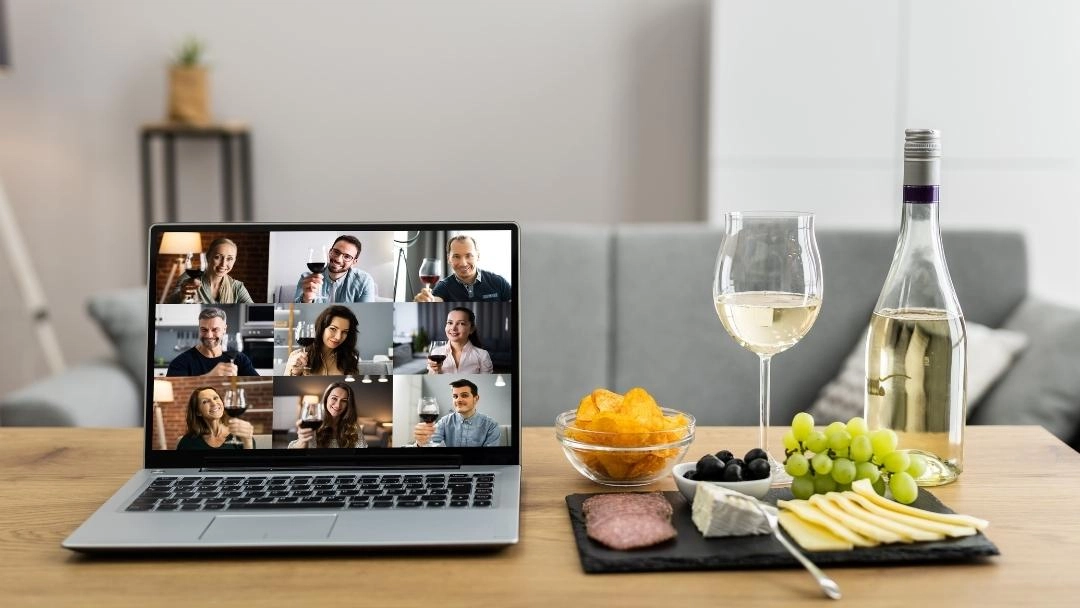



.png)

